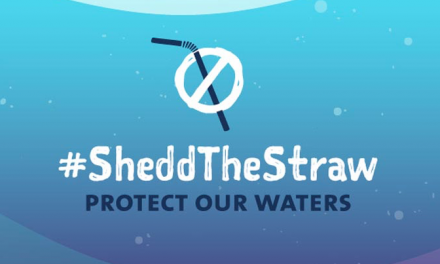
Well, turns out fish don’t like to party. In a recent paper published in the journal Nature Sustainability, a group of researchers is yet again urging pharmaceutical companies to create drugs that are less harmful to our waterways.
Research is showing that fish, and other water-dwelling wildlife, are becoming “addicted” to the pharmaceuticals that enter our lakes and rivers through production, improper disposal and…ahem… human waste, causing behavioral and physical changes. Perch downstream of municipal wastewater outflows have been observed to lose their fear of predators due to antidepressant exposure, and male fathead minnows to convert to having female sex organs as a result of estrogen intake from contraceptive medications. As reported by Mother Jones, caffeine, antidepressants, anti-anxiety drugs, antibiotics, antipsychotics, and illegal drugs like cocaine and methamphetamines are all causing havoc in our water system.
Unfortunately, water treatment plants are not usually equipped to fully filter out trace amounts of pharmaceuticals, and as more drugs have become available over the last few decades the problem has only gotten worse. All the more reason for manufacturers to understand this impact and why the paper calls for expanded wastewater treatments and research toward designing drugs that breakdown more cleanly.
But what can we do about it at home? Proper disposal!! Never flush medications down the toilet or toss them in the garbage. Simply drop your medications in the prescription drug recycling box outside of the Northfield Police Station or in the lobby of the Highland Park Police station or click here to find another disposal site in Cook County. Our Lake Michigan wildlife will thank you!




